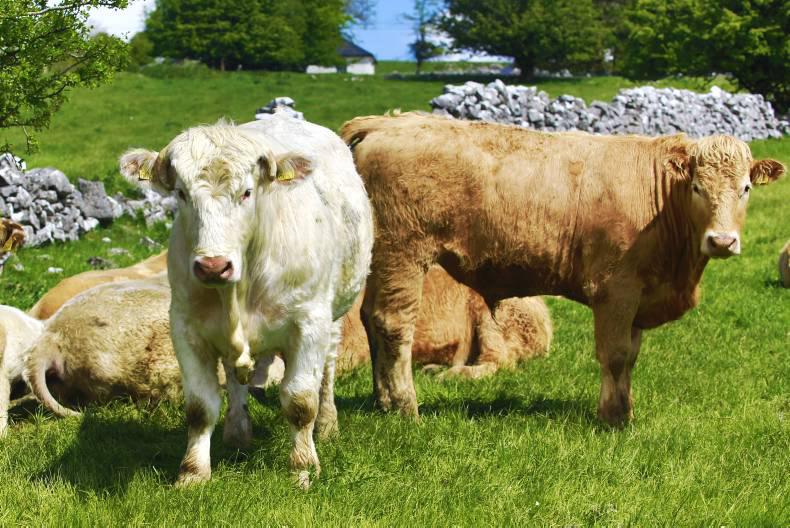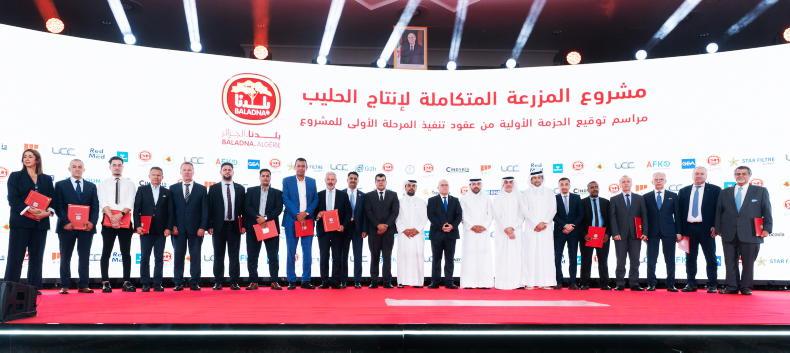Live exports are a crucial component of the livestock sector. Be it for breeding stock in the dairy herd to markets such as Britain to the suckler sector, where live exports are important. Some 60% of suckler farmers in Ireland breed calves to sell as weanlings, with some of them ending up on ships to countries such as Italy.
At the height of the 2014 beef crisis, there were calls for an increase in live exports to ease the pressure on the beef system and as a way of keeping the processors in check by creating competition.
But where do our live exports go?
Statistics from the Department of Agriculture show that Ireland shipped a total of 236,833 cattle in 2014, which was up 13% from 2013’s figure of 209,481. Our largest market is, unsurprisingly, Northern Ireland. Last year, we sent 54,414 cattle to NI, down 0.3% from 2013 when the figure was 54,555.
Ireland shipped 18,112 cattle to Britain last year, which was up 61% from 2013. A small but high-value market for the suckler sector is Italy and Ireland shipped 29,999 cattle there last year, up from 26,047 in 2013.
The Libyan market reopened to Irish cattle in 2013, when 14,542 were exported there. This rose to 17,667 last year. However, political unrest in the north African country has meant that there are now two governments in Libya, making the export market difficult.
Other markets
Ireland has agreed a certificate with Albania, although there is no activity between the two markets. There is a workable certificate with Egypt for fattening cattle under 20 months and slaughter of male cattle under 30 months.
There is also a certificate with Kosovo but there is no activity. Ireland has a certificate with Lebanon for fattening/slaughter and breeding cattle under 36 months. The Russian, Kazakhstani and Belarussian markets still have bans in place. Ireland has a health certificate with Tunisia and, while there is a certificate with Ukraine, there is currently no activity with that market.
Ireland shipped a total of 4,677 cattle to non-EU markets classed as “other markets” in 2014.
Certificates not agreed
Michael Sheehan said the Department of Agriculture is currently working on obtaining certificates to export live cattle to a number of other markets.
These include Algeria, where negotiations are ongoing, but it is understood that progress is slow. Talks are continuing with Turkey also. A certificate has been agreed between the EU and Turkey but Turkey must agree with each individual member state before cattle can be shipped there on specific disease risks such as Schmallenberg virus.
When open, Turkey is a lucrative, high-value market and, while talks are ongoing, progress is also understood to be slow.








SHARING OPTIONS